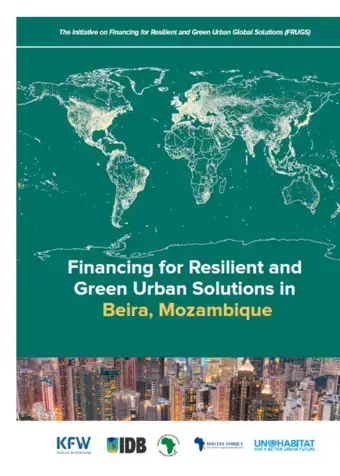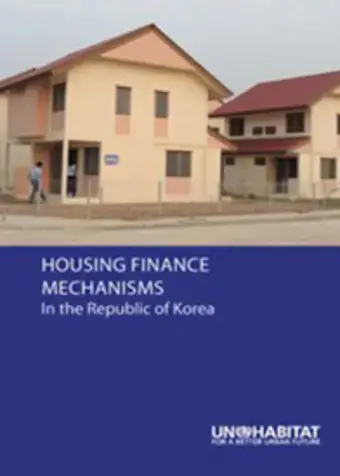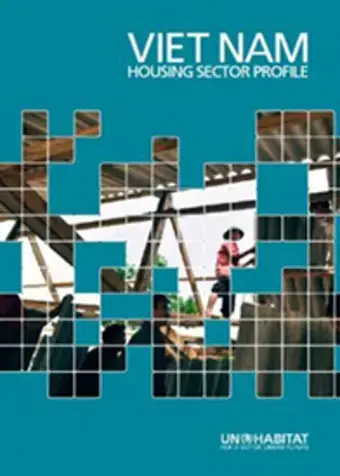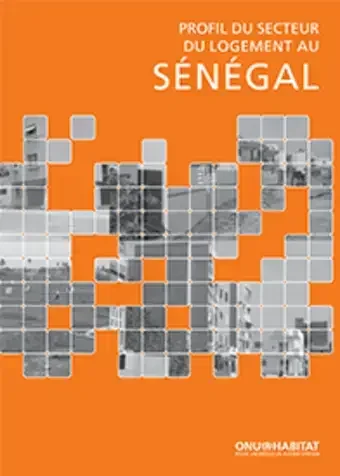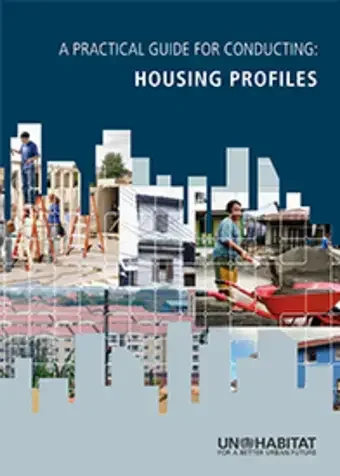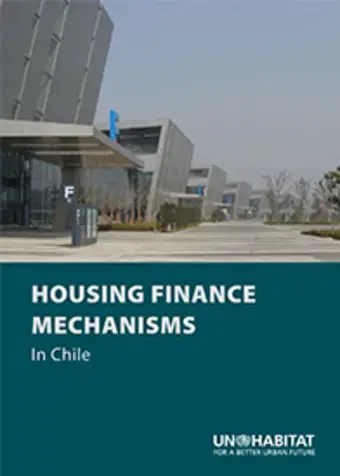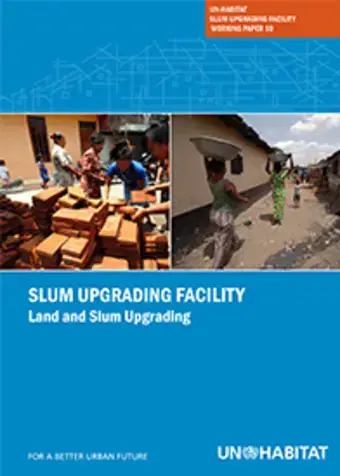Kecia Rust from the Centre for Affordable Housing in South Africa in this lecture discusses the current state of housing finance in Africa.
[su_youtube_advanced url="https://www.youtube.com/watch?v=rC1lEfqSIGw" controls="alt" autohide="yes" rel="no" modestbranding="yes" theme="light"]
MP3
“Extending access to housing finance across Africa” - Kecia Rust
